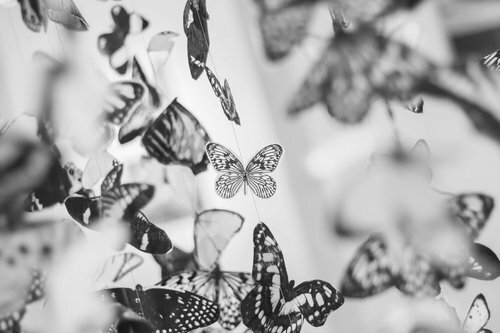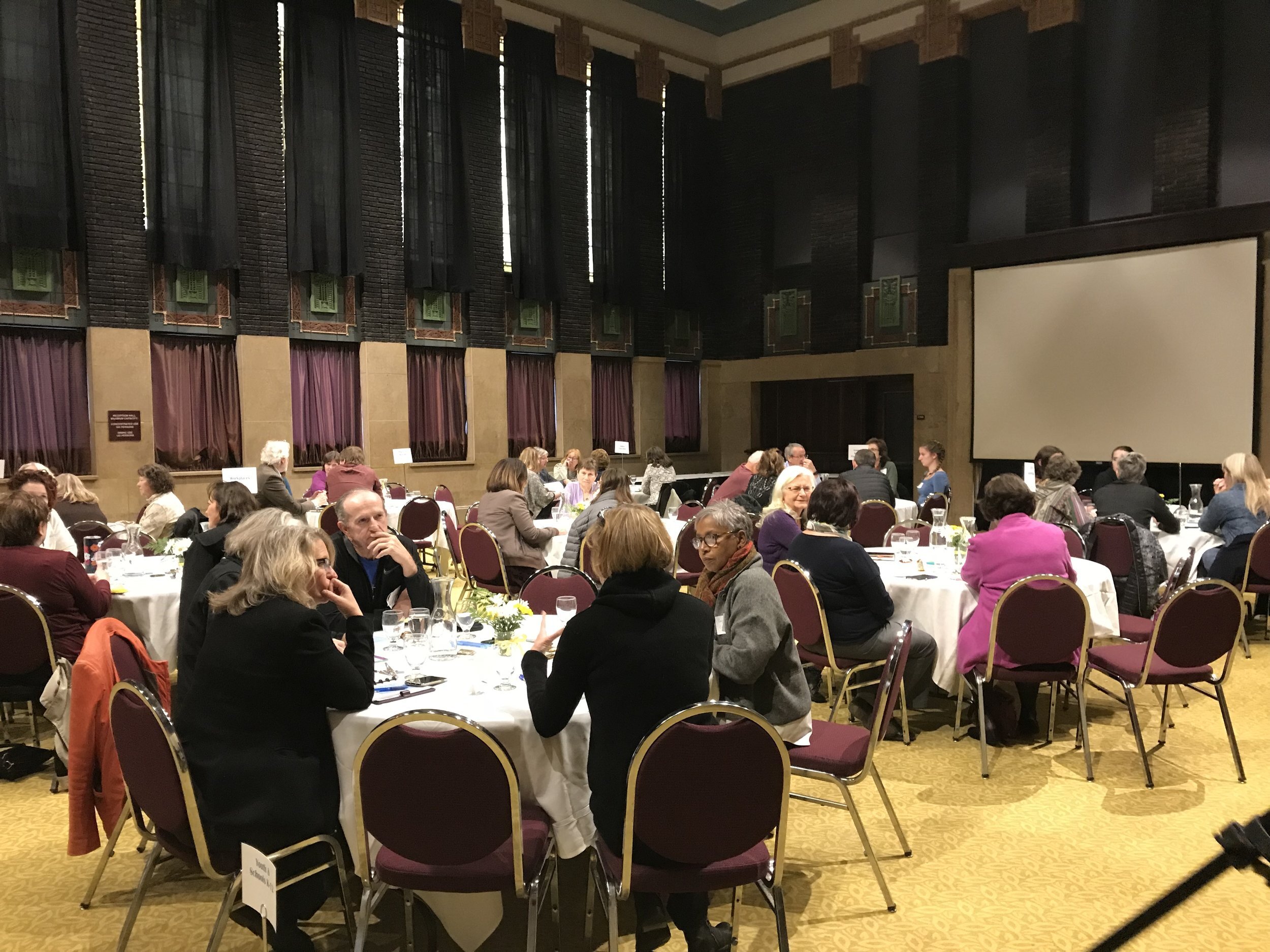When a community member experiences suffering through loss or death, it is not solely the task for professionals to offer support. The responsibility of the care for one another in difficult times belongs to all of us.
Deva Nation is a “social model of palliative care” using a public health approach that is rooted in community development processes. We can’t prevent death or grief. We CAN address the anxiety, depression, job loss, social isolation, suicide, and fear that accompany death and grieving. These are the things that are amenable to prevention, harm reduction, and early intervention.
We know that each of us will experience many kinds of losses. Our ‘seatbelt for grief’ is to create a culture of permission to talk about loss, to listen without judgement, and to harvest the wisdom and resiliency of our shared experiences. We can learn how to companion each other through the hard times in life, to be fully present when a heart breaks–not to fix, advise or save. Life sometimes hurts. Healing can happen in a powerful way if we simply acknowledge the pain and hold space for mourning.
Mary Ann Boe, Executive Director
Professor Allan Kellehear presents
at Mankato MN Town Hall Forum November 2017
"We must engage the citizenry to take end of life care seriously as a community wide responsibility—not something we simply or solely delegate to health services."
—Professor Allan Kellehear,
Founder, Compassionate Communities for End of Life Care
and Public Health Palliative Care International
President of the Association for the Study of Death and Society(ASDS)
Phase I Complete: Read the "Deva Nation Community Needs/Asset Assessment Report">> (Greater Mankato Area Interview Report).



